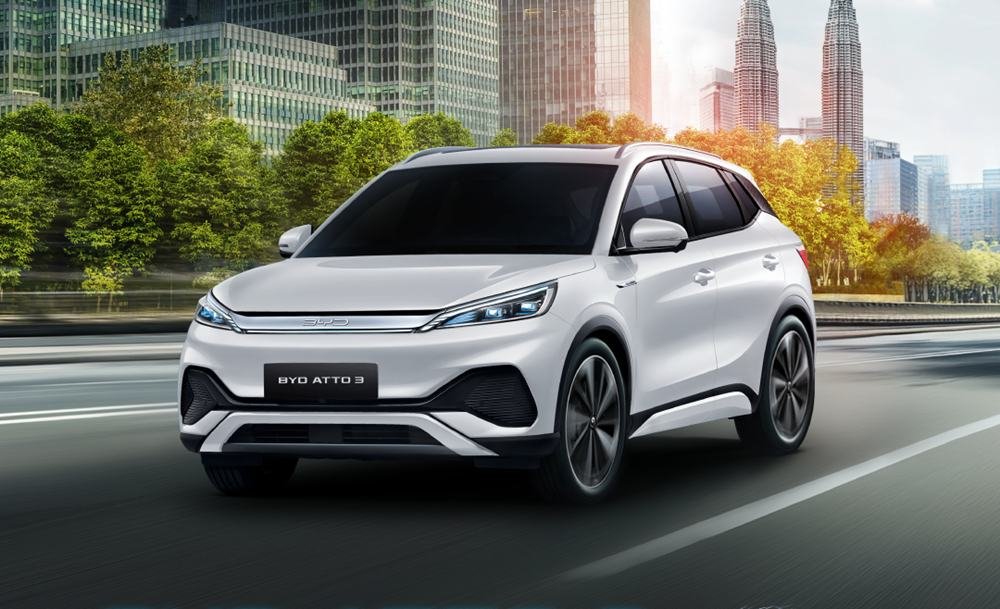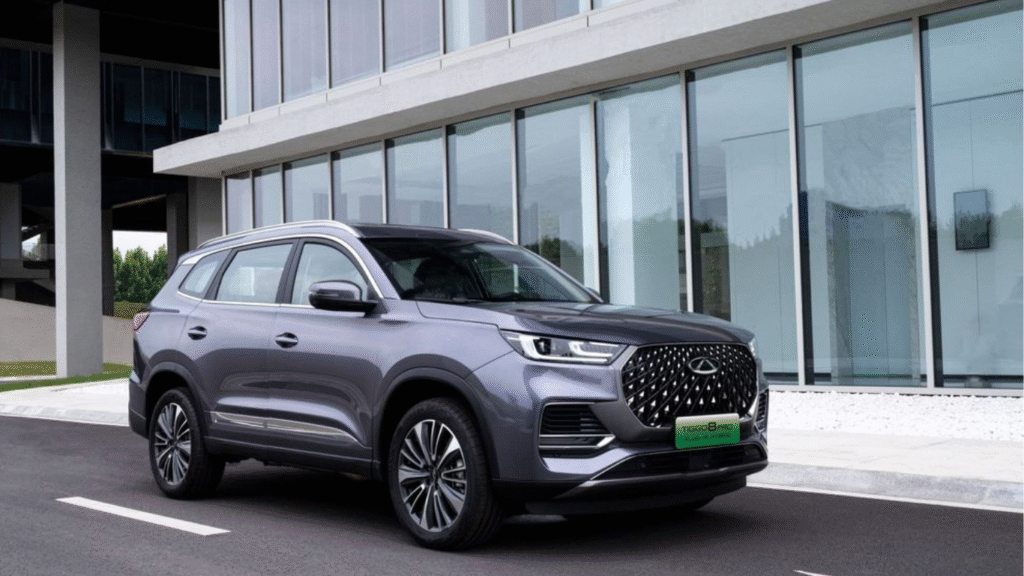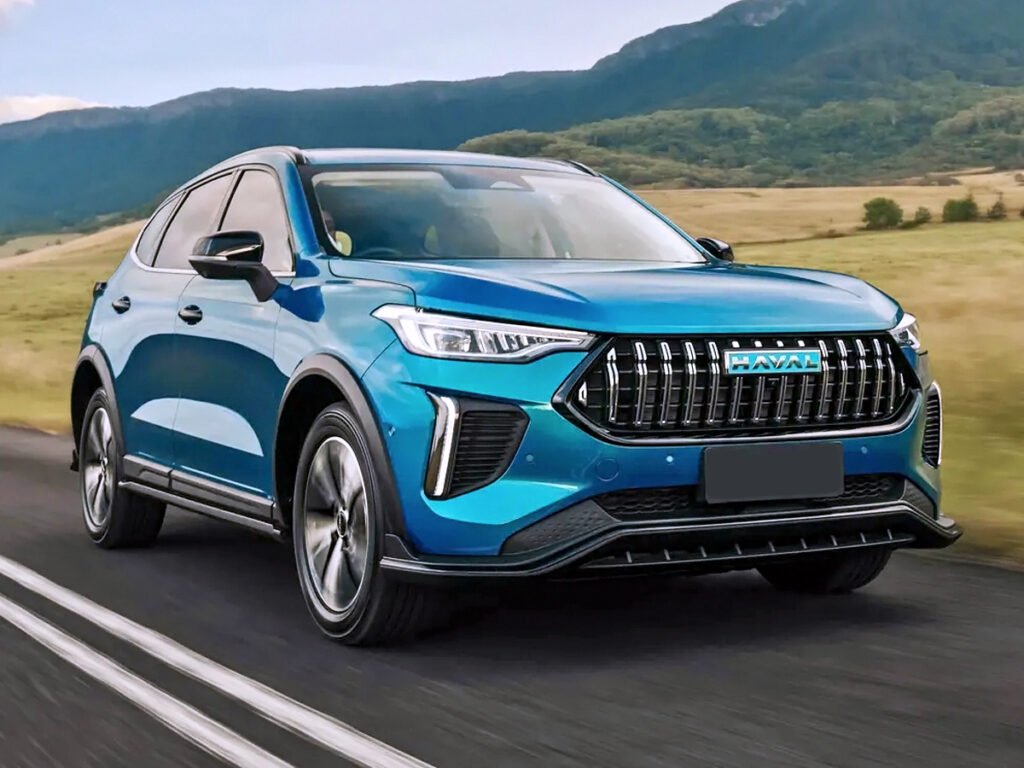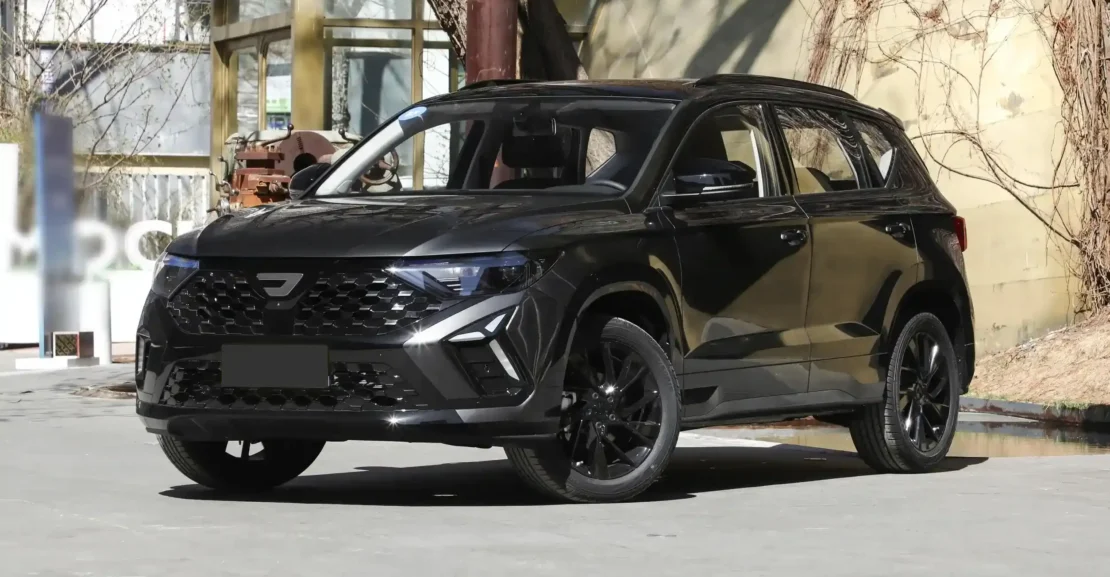1. Can You Import Chinese Cars?
Yes, you can import Chinese cars , but the process varies depending on your country’s regulations, the specific model you want to import, and the intended use of the vehicle. Here’s what you need to know:
1. Legal Requirements
- Import Regulations : Each country has its own rules governing vehicle imports. These may include safety standards, emissions requirements, and certification processes.
- Customs Duties and Taxes : Imported vehicles are subject to customs duties, taxes, and fees, which can significantly increase the cost of the car.
- Homologation : Some countries require vehicles to undergo homologation (compliance testing) to ensure they meet local standards.

2. Challenges of Importing Chinese Cars
- Tariffs and Trade Restrictions : In some regions, such as the U.S., high tariffs and trade tensions with China can make importing cars prohibitively expensive.
- Limited Dealer Networks : Many Chinese automakers do not have established dealer networks or service centers in certain countries, making maintenance and repairs more difficult.
- Right-Hand vs. Left-Hand Drive : Depending on your country’s driving regulations, you may need to modify the vehicle to comply with local laws.
2. Steps to Import a Chinese Car
If you’re determined to import a Chinese car, here’s a step-by-step guide:
1. Research Local Regulations
- Check your country’s import laws for vehicles, including safety, emissions, and certification requirements.
- Verify whether the specific Chinese car model you want is eligible for import.
2. Choose a Reliable Supplier
- Work with a reputable exporter or dealership in China to ensure the vehicle meets quality standards.
- Request documentation, including the vehicle’s specifications, compliance certificates, and export paperwork.
3. Arrange Shipping
- Decide on the shipping method (e.g., container shipping or roll-on/roll-off).
- Obtain quotes from international shipping companies and ensure the vehicle is properly insured during transit.

4. Pay Customs Duties and Taxes
- Calculate the total cost of customs duties, taxes, and fees based on your country’s import regulations.
- Prepare payment for these charges upon arrival of the vehicle.

5. Complete Homologation (if required)
- If your country requires homologation, arrange for the vehicle to undergo testing and modifications to meet local standards.
- This may involve working with certified mechanics or testing facilities.
6. Register the Vehicle
- Once the car passes all inspections and certifications, register it with your local transportation authority.
- Ensure you have all necessary documentation, including the title, bill of sale, and import permits.
3. Costs of Importing a Chinese Car
Importing a Chinese car involves several costs beyond the vehicle’s purchase price:
1. Purchase Price
- The base cost of the car will depend on the model and brand. For example, a BYD Atto 3 might cost around $25,000–$30,000, while luxury models like the NIO ET7 could exceed $50,000.
2. Customs Duties and Taxes
- Customs duties typically range from 5% to 25% of the vehicle’s value, depending on your country.
- Additional taxes, such as VAT or sales tax, may also apply.
3. Shipping Costs
- Shipping a car from China can cost anywhere from $1,500 to $5,000 , depending on the distance, shipping method, and size of the vehicle.
4. Homologation and Modifications
- Homologation and modifications to meet local standards can cost $1,000 to $5,000 , depending on the complexity of the changes required.
5. Insurance
- Factor in the cost of insuring the vehicle once it arrives in your country.
4. Popular Chinese Cars for Import
Here are some popular Chinese cars that buyers often consider importing:
1. BYD Atto 3
- Why Import It? : Affordable, reliable, and equipped with advanced EV technology.
- Challenges : May require modifications to meet emissions or safety standards in certain countries.

2. Geely Coolray
- Why Import It? : Stylish, feature-rich SUV with a turbocharged engine.
- Challenges : Limited availability of spare parts in some regions.

3. Chery Tiggo 8 Pro
- Why Import It? : Spacious, comfortable, and packed with advanced features.
- Challenges : Right-hand drive models may need conversion for left-hand drive countries.

4. Haval Jolion
- Why Import It? : Compact, fuel-efficient, and tech-savvy SUV.
- Challenges : Compliance with local safety and emissions standards may be required.

5. NIO ET7
- Why Import It? : High-performance luxury EV with cutting-edge technology.
- Challenges : High cost of import and potential battery compatibility issues.

5. Alternatives to Importing Chinese Cars
If importing seems too complicated or expensive, consider these alternatives:
1. Buy Locally (If Available)
- Some Chinese automakers have established dealerships in certain countries. For example, BYD and MG Motor are available in Europe and parts of Asia.
2. Purchase Through Gray Market Importers
- Gray market importers specialize in bringing vehicles from other countries into your market. While convenient, this option can be expensive and may come with limited warranties.
3. Wait for Official Launches
- Many Chinese brands are expanding globally. Keep an eye out for official launches in your country, which will eliminate the need for personal imports.
FAQs About Importing Chinese Cars
Q1: Is it legal to import Chinese cars?
Yes, it is legal to import Chinese cars, but you must comply with your country’s import regulations, including safety, emissions, and certification requirements.
Q2: How much does it cost to import a Chinese car?
The total cost includes the vehicle’s purchase price, customs duties, shipping fees, homologation costs, and taxes. Expect to pay 20–50% more than the car’s original price.
Q3: Are spare parts available for Chinese cars after import?
Spare parts may be harder to find in some regions, but online platforms and partnerships with local mechanics can help address this issue.
Q4: Can I import a right-hand drive Chinese car to a left-hand drive country?
Yes, but you may need to modify the vehicle to comply with local driving regulations, which can be costly.
Q5: Are electric Chinese cars easier to import?
In some cases, yes. Many countries are encouraging EV adoption, which may simplify the import process for electric vehicles like the BYD Atto 3 or NIO ET7.

